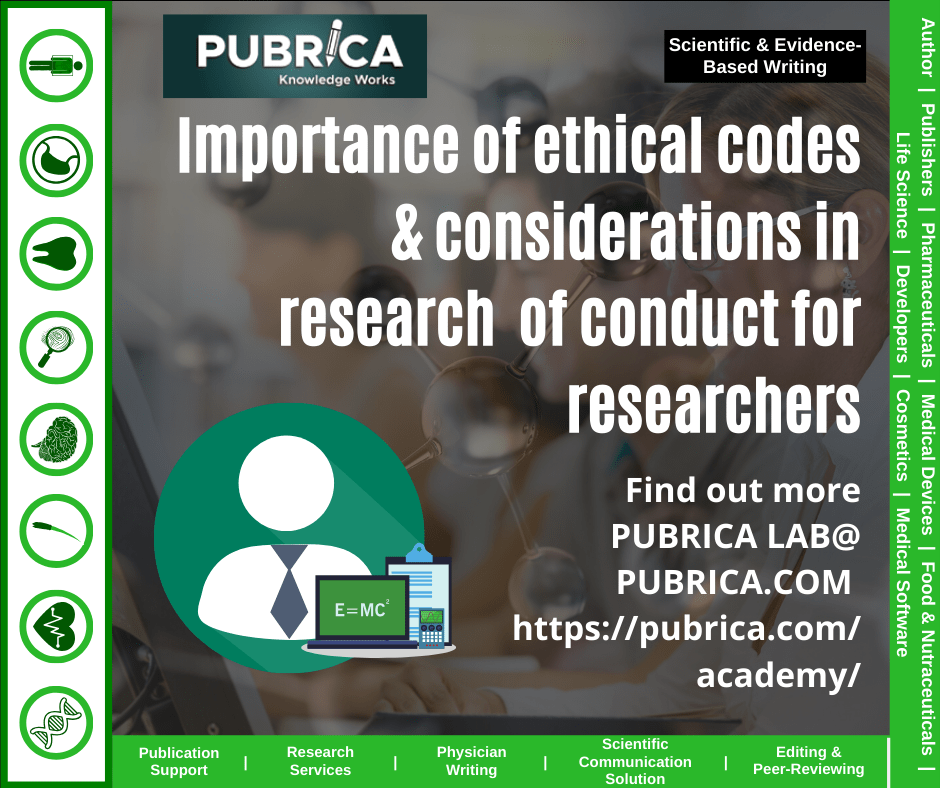
Structure for writing an effective clinical review articles
October 31, 2019
Importance of Ethical Codes & Considerations in Research of Conduct for Researchers
November 12, 2019Guidelines to authors in Writing an effective Medical Case Report (MCR)
Medical Case reports (or the case study or the case history) disseminate clinical practices, examines clinical scenarios, and illustrates a diagnostic or therapeutic problem experienced by one or several patients. MCRs can be from any area of medicine, nursing, dentistry, and veterinary science.
So, what is the Medical Case report?
Clinical case reporting is communicating to the medical fraternity about an unusual or previously unknown condition, a rare presentation or a new complication of a known disease, or a new approach for curing a common disease. It can also be said as a detailed report of the symptoms, signs, diagnosis, treatment, and follow-up of an individual patient.
CCRs are the first-line of evidence of medical literature and the cornerstones of medical progress to provide new ideas in medicine. It is a rapid short communication between busy clinicians short of time to do large scale research. Some of the MCRs contain an extensive review of the relevant literature on the topic.
What is the structure of the Medical case report (MCR)?
The structure of MCR depends on the journal it has to be published, and some may require a literature review also. But generally, the following are required for structuring the MCR:
- Title
- Abstract
- Introduction (background)
- Case presentation
- Discussion
- Conclusions
- References
- Patient perspective (optional and unique to JMCR, BMCRM, and all other BMC Clinical Journals journals)
- List of Abbreviations (BMC Journals, Journal of Medical Case reports)
- Consent
- Authors Information
- Acknowledgement
- Cover Letter
Why should a Medical case report be published?
Many reputed and renowned journals publish MCRs for the following among other reasons:
- A clinical case which illustrates the appropriate use of an important clinical guideline or systematic review
- A new and unexpected association between diseases or symptoms
- An unexpected new observation found during the treatment of a patient
- A clinical case illustrating an important best practice teaching message
- An adverse effect or any finding that sheds light on the possible pathogenesis of a disease
- Rare and unique features of a disease
- Variations of anatomical structures
- Unique therapeutic approaches
- A common disease presenting in a different and uncommon way
What are the key elements to be incorporated into a CCR?
The following are the key elements to be included in CCR for its successful publication in reputed journals
- The given title should precisely reflect the case with a list of the full names, institutional address and email addresses for all authors (e.g. “end the title with”….a case report” or …two case reports” or “… a case series”)
The Abstract
Should be short and sweet, not exceeding 350 words. The abstract should be structured into Background,an introduction,case presentation, brief details of patients,a brief conclusion.The introduction or background
Serves as the sales pitch for the rest of the manuscript. Therefore, it should present a clear, concise and precise message of the case, including the disorder, and progression and an explanation. Remember, the case should involve a new or unusual or previously unknown health issuesCase presentation
Should present all relevant details including demographic information, medical history of the patient, symptoms and signs, any tests that were carried out. The case should be presented in a chronological order, starting with the primary compliant followed by physical examination, along with pertinent investigation. It should be structured properly structured as per the guidelines of the journalDiscussion section
Should evaluate the patient case for accuracy, uniqueness, and validity and compare and contrast the case report with the published literatureConclusion
Should be short and concise with clear take home message.The references
used should be appropriate and correct
Summary:
Researchers, clinicians, regulators and patients can explore Cases database http://www.casesdatabase.com/, a continually updated (repository 27,915 peer-reviewed medical case reports from 250 journals), freely accessible database of thousands of medical case reports from multiple publishers including PubMed Central, British Medical Journals, and Springer. MCRs could be the steppingstones of researches and could bring hope to patients of many diseases.
Tags:
clinical review articles | medical literature clinical case | Schemantic reviews | Meta analysis | writing of clinical review | clinical review structure
Related Topics
Literature gap and future research
